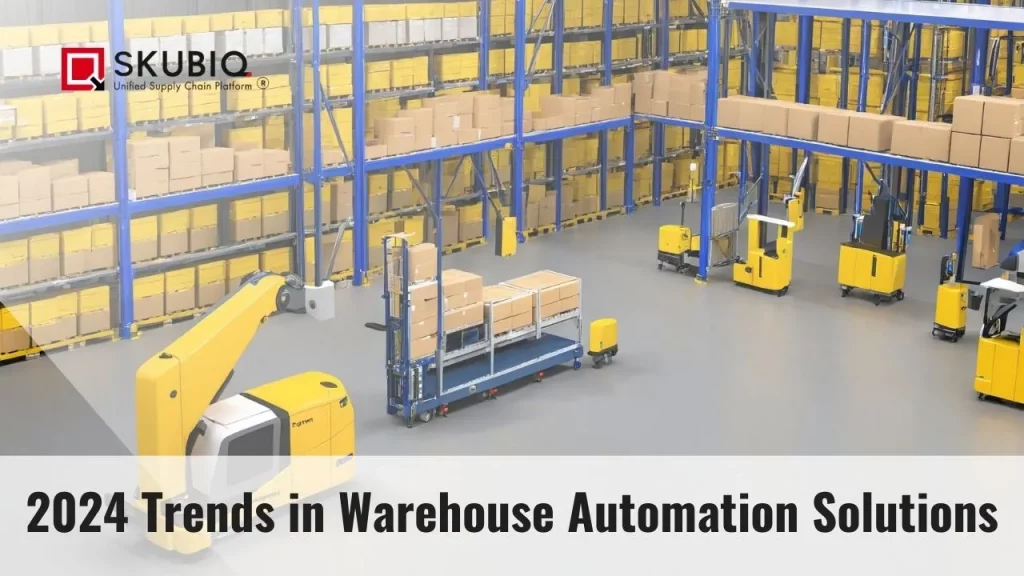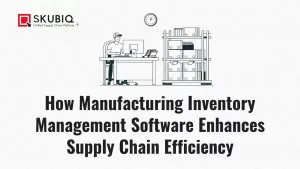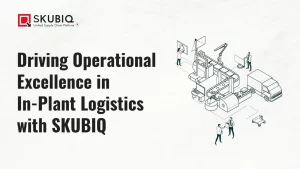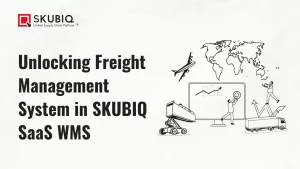As the global supply chain landscape continues to evolve, warehouse automation solutions are becoming increasingly critical for businesses seeking to stay competitive. The year 2024 promises exciting advancements in this field, driven by technological innovation and the growing need for efficiency and accuracy. In this article, we explore the key trends shaping warehouse automation solutions in 2024.
1. Artificial Intelligence and Machine Learning
Enhanced Predictive Analytics
Artificial Intelligence (AI) and Machine Learning (ML) are revolutionizing warehouse operations by providing enhanced predictive analytics. These technologies analyze vast amounts of data to forecast demand, optimize inventory levels, and streamline operations. In 2024, we expect AI and ML to become even more sophisticated, offering real-time insights and automating decision-making processes.
Smart Robotics
AI-powered smart robotics are set to transform warehouses with their ability to perform complex tasks with precision. These robots can navigate autonomously, identify items, and handle materials with greater speed and accuracy. In 2024, the integration of AI with robotics will enable more intelligent and adaptable systems, capable of learning and improving over time.
2. Internet of Things (IoT)
Real-Time Tracking and Monitoring
The Internet of Things (IoT) is enhancing warehouse automation by enabling real-time tracking and monitoring of goods and equipment. IoT devices collect and transmit data on inventory levels, equipment status, and environmental conditions. In 2024, advancements in IoT technology will lead to more interconnected and responsive warehouse environments, allowing for proactive maintenance and reduced downtime.
Automated Guided Vehicles (AGVs)
Automated Guided Vehicles (AGVs) equipped with IoT sensors are becoming more prevalent in warehouses. These vehicles can transport goods efficiently within the warehouse, reducing the need for manual labor. The use of IoT allows AGVs to communicate with other systems, optimizing routes and ensuring smooth operations.
3. Autonomous Mobile Robots (AMRs)
Flexible and Scalable Solutions
Autonomous Mobile Robots (AMRs) are increasingly popular due to their flexibility and scalability. Unlike traditional automation systems, AMRs do not require fixed infrastructure and can easily adapt to changes in warehouse layouts. In 2024, we anticipate further advancements in AMR technology, making them more affordable and accessible for businesses of all sizes.
Collaborative Robots (Cobots)
Collaborative Robots (Cobots) are designed to work alongside human employees, enhancing productivity and safety. These robots can perform repetitive tasks, allowing human workers to focus on more complex activities. In 2024, cobots will become more intuitive and user-friendly, enabling seamless collaboration between humans and machines.
4. Warehouse Management Systems (WMS)
Cloud-Based Solutions
Cloud-based Warehouse Management Systems (WMS) are gaining traction due to their flexibility and cost-effectiveness. These systems provide real-time access to data, facilitating better decision-making and improved inventory management. In 2024, the adoption of cloud-based WMS will continue to rise, offering enhanced scalability and integration capabilities.
Advanced Analytics and Reporting
Modern WMS solutions are incorporating advanced analytics and reporting features. These tools provide insights into operational performance, helping businesses identify areas for improvement. In 2024, WMS will offer more sophisticated analytics capabilities, enabling predictive maintenance and more accurate demand forecasting.
5. Automated Storage and Retrieval Systems (AS/RS)
High-Density Storage
Automated Storage and Retrieval Systems (AS/RS) are designed to maximize storage density and improve space utilization. These systems use robotic shuttles or cranes to store and retrieve items quickly and accurately. In 2024, advancements in AS/RS technology will allow for even higher-density storage solutions, reducing the physical footprint of warehouses.
Seamless Integration
Integration with other warehouse systems is crucial for the effectiveness of AS/RS. In 2024, we will see more seamless integration of AS/RS with WMS, ERP, and other enterprise systems, enabling end-to-end automation and visibility across the supply chain.
6. Augmented Reality (AR) and Virtual Reality (VR)
Enhanced Training and Maintenance
Augmented Reality (AR) and Virtual Reality (VR) are being used to enhance training and maintenance procedures in warehouses. AR can provide real-time instructions and overlays, while VR can simulate warehouse environments for training purposes. In 2024, the use of AR and VR will expand, improving the efficiency and safety of warehouse operations.
Optimized Picking and Packing
AR technology can also optimize picking and packing processes by providing visual cues and real-time guidance to workers. This reduces errors and speeds up order fulfillment. In 2024, AR-enabled picking and packing systems will become more advanced and widely adopted.
7. Sustainable Automation Solutions
Energy-Efficient Technologies
Sustainability is becoming a key focus in warehouse automation. In 2024, we will see increased adoption of energy-efficient technologies, such as solar-powered AGVs and low-energy robotics. These solutions not only reduce environmental impact but also lower operational costs.
Green Warehousing Practices
Companies are also implementing green warehousing practices, such as recycling programs and sustainable packaging materials. In 2024, automation solutions that support these practices will be in high demand, helping businesses meet their sustainability goals.
8. Blockchain Technology
Enhanced Transparency and Security
Blockchain technology offers enhanced transparency and security for warehouse operations. By providing a decentralized and immutable ledger, blockchain ensures the integrity of data and reduces the risk of fraud. In 2024, the integration of blockchain with warehouse management systems will improve traceability and accountability throughout the supply chain.
Smart Contracts
Smart contracts powered by blockchain can automate various processes, such as payment and inventory management. These self-executing contracts reduce the need for intermediaries and streamline operations. In 2024, the use of smart contracts in warehouse automation will become more prevalent, enhancing efficiency and reducing administrative burdens.
Conclusion
The year 2024 is set to bring significant advancements in warehouse automation solutions, driven by emerging technologies and the increasing demand for efficiency and sustainability. From AI and IoT to AMRs and blockchain, these trends will transform warehouse operations, providing businesses with the tools they need to stay competitive in a rapidly evolving market. Embracing these innovations will be crucial for companies looking to optimize their supply chains and achieve long-term success.



